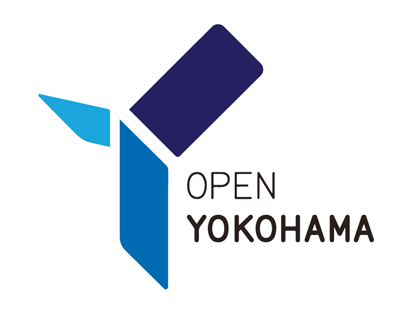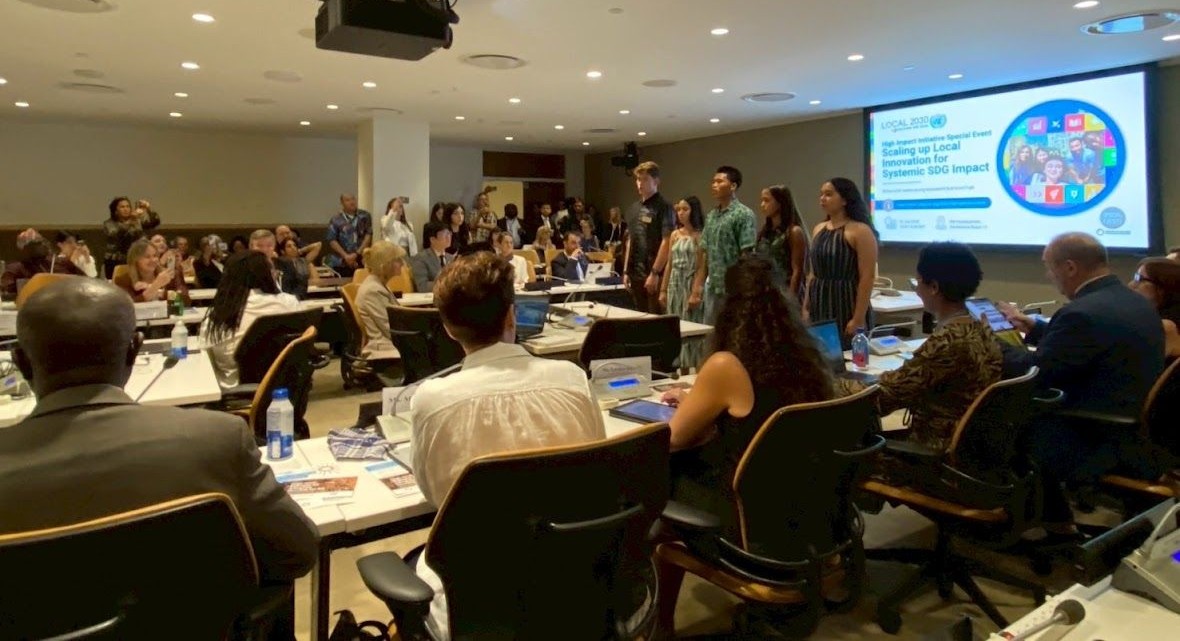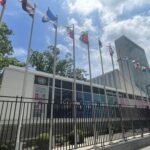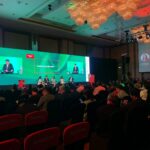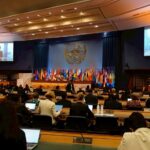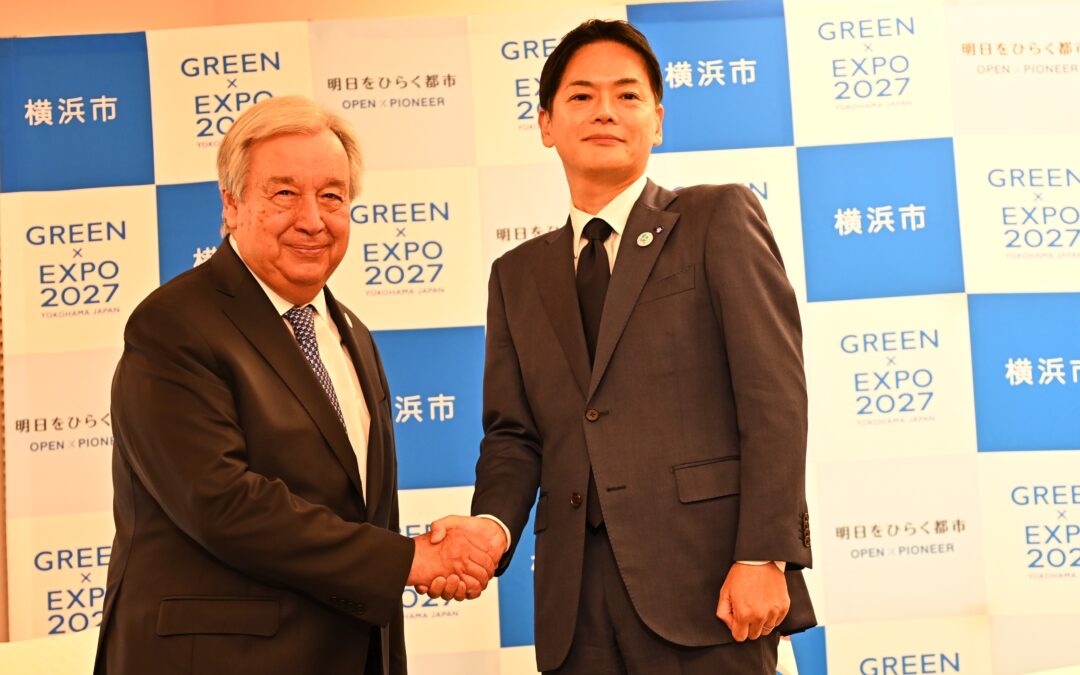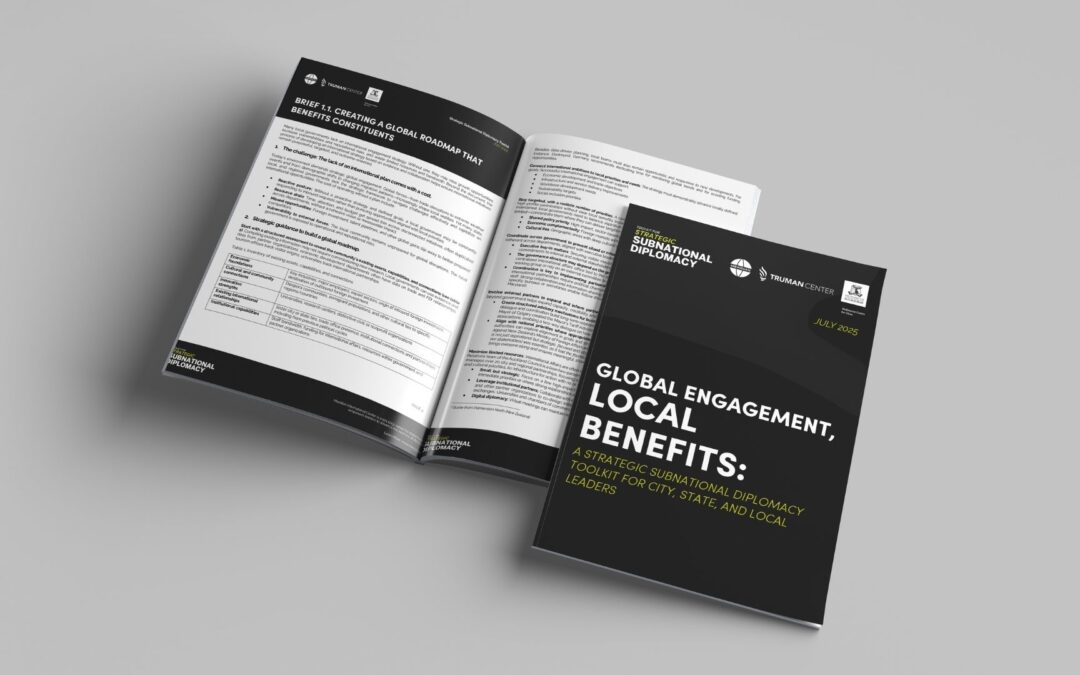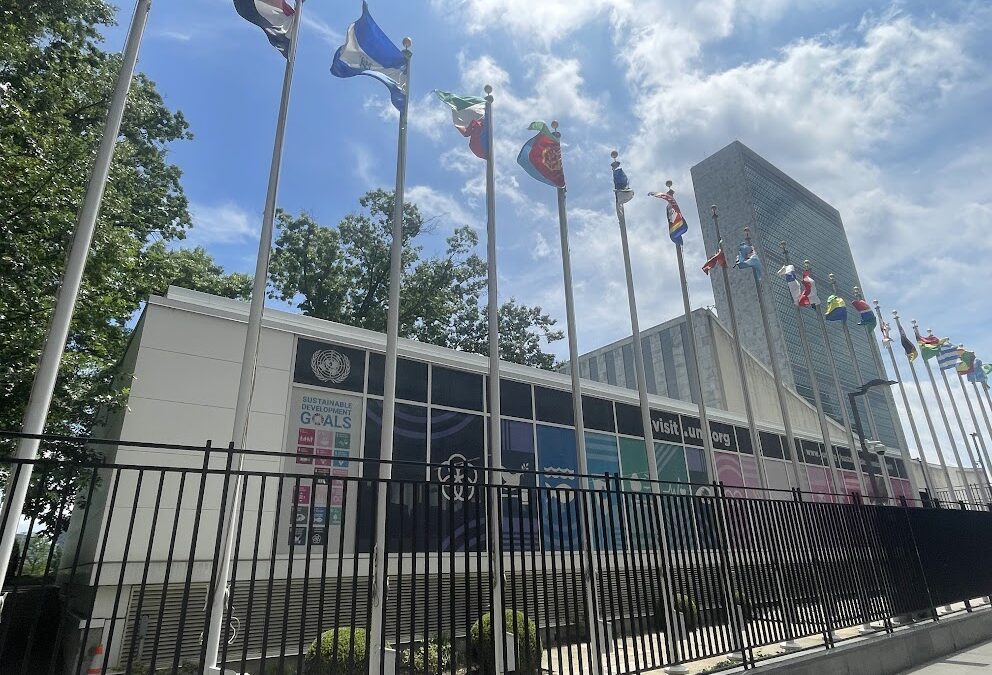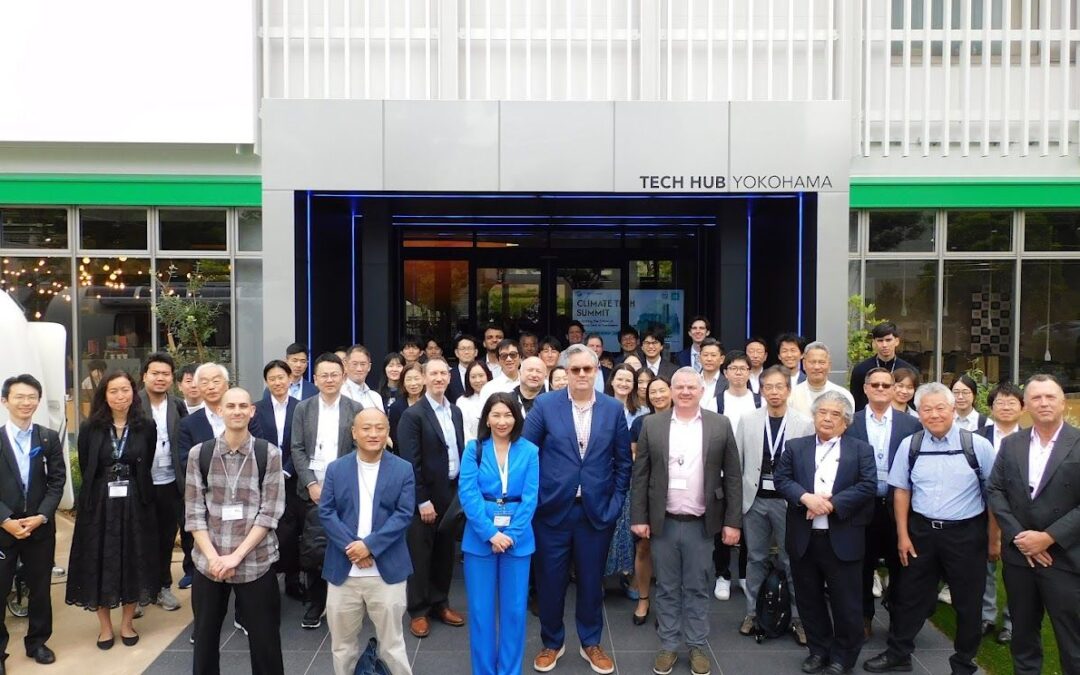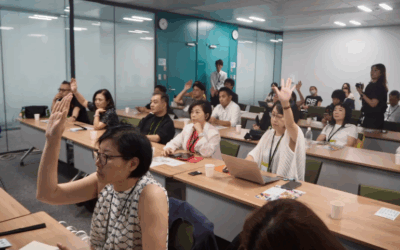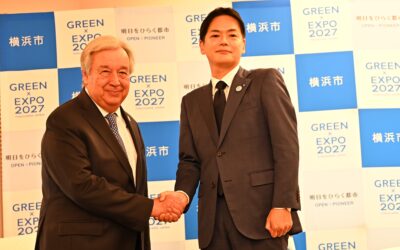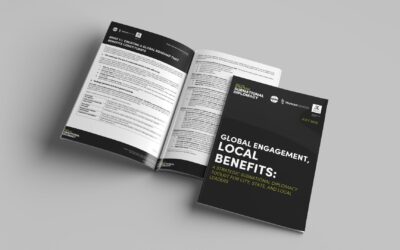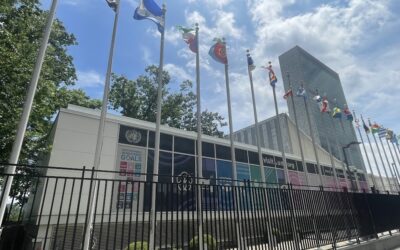The United Nations High-Level Political Forum on Sustainable Development (HLPF) serves as a global policy platform where countries and stakeholders come together to review and share progress on the SDGs. Held annually at the UN Headquarters in New York, the HLPF attracts a diverse range of participants including national governments, international organizations, local authorities, civil society, and academia.
Among the many formats featured during the HLPF, the Special Events stand out as high-profile gatherings curated by the UN Department of Economic and Social Affairs (UN DESA) in collaboration with key international partners. These sessions aim to foster broad-based engagement in the SDGs by drawing participation from academia, the private sector, local governments, parliamentarians, and more. Each year, they are held under distinct themes and are considered politically significant components of the HLPF’s official program.
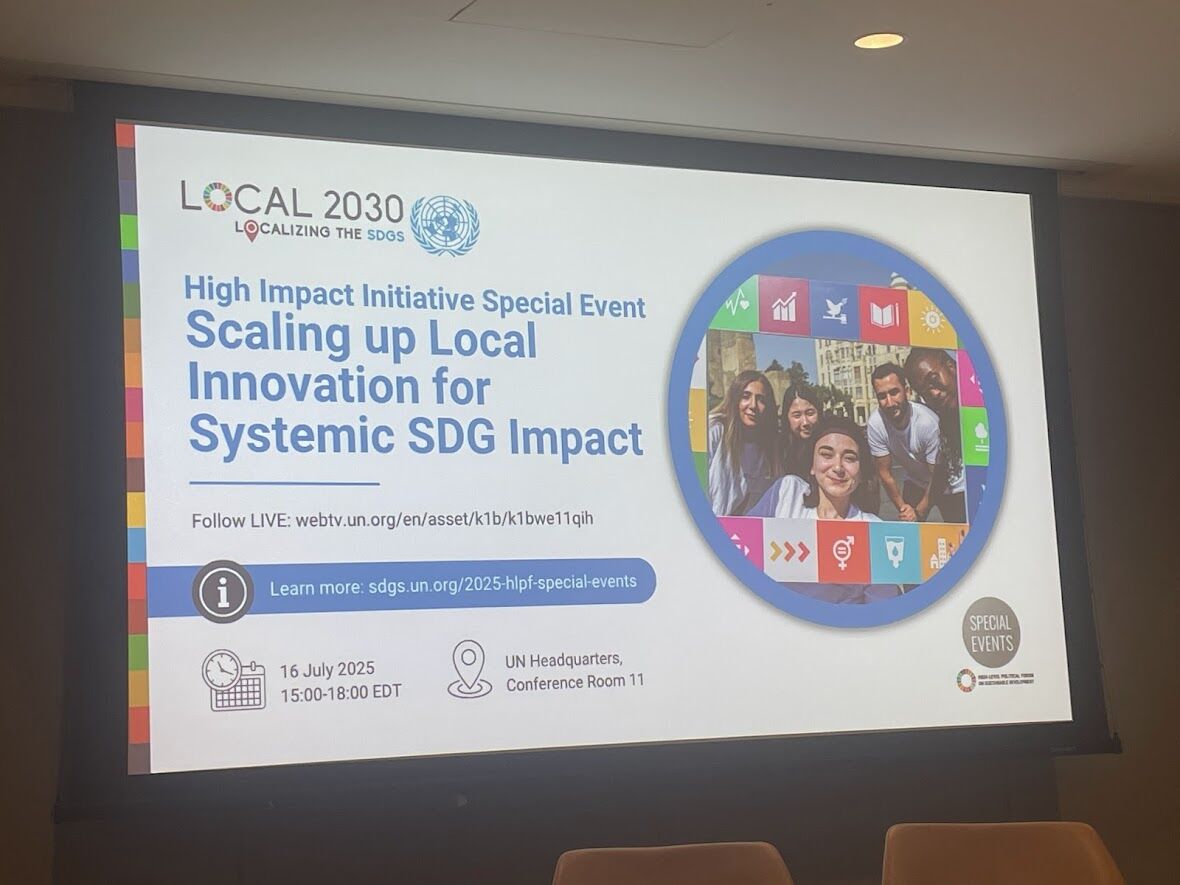
On July 16, the “Local2030 Coalitions Special Event” was held as one of these official Special Events, focusing on accelerating six key SDG transitions through the lens of localization. The event highlighted how multilevel collaboration, policy coherence, and inclusive participation can drive systemic transformation.
The session opened under the moderation of Mr. Sébastien Vauzelle, Head of the UN Local2030 Coalition Secretariat. Keynote addresses were delivered by Ms. Anacláudia Rossbach, UN Assistant Secretary-General and Executive Director of UN-Habitat, and Ms. Amina J. Mohammed, UN Deputy Secretary-General. Their remarks emphasized the importance of designing sustainable societies from the ground up, starting with the people living in local communities. They also underscored the necessity of a multi-level, multi-stakeholder approach and the value of system thinking rooted in local dialogue and co-creation.

As part of the session showcasing global good practices in localization, the City of Yokohama, represented by its Americas Office (New York), presented a series of community-driven initiatives under the message: “Citizen-led local action can drive global transformation.”
Yokohama SDGs Design Center and Y-SDGs Certification System
Yokohama established the Yokohama SDGs Design Center in partnership with local businesses to facilitate public-private collaboration. As part of this initiative, the City also developed a “Y-SDGs Certification System” which evaluates companies and organizations across 30 ESG and community-based metrics. As of March 2025, 825 entities had been certified, receiving access to financial and non-financial support from 10 partner institutions. These efforts were featured in the “Road to Seville” report presented at the 2025 UN Conference on Financing for Development (FfD4).
SDGs Food Lockers and STYLE100 Campaign
The Center also spearheads practical and inclusive implementation. A flagship example is the SDGs Food Locker—vending machines that sell unsold bread at discounted prices through public-private partnership. By redefining surplus bread as an SDG issue, the initiative saved 5.1 tons of food by February 2025 and now operates at eight sites. It has become a key pillar of the “STYLE100” campaign, which promotes everyday sustainable lifestyle practices to citizens through 100 key examples.
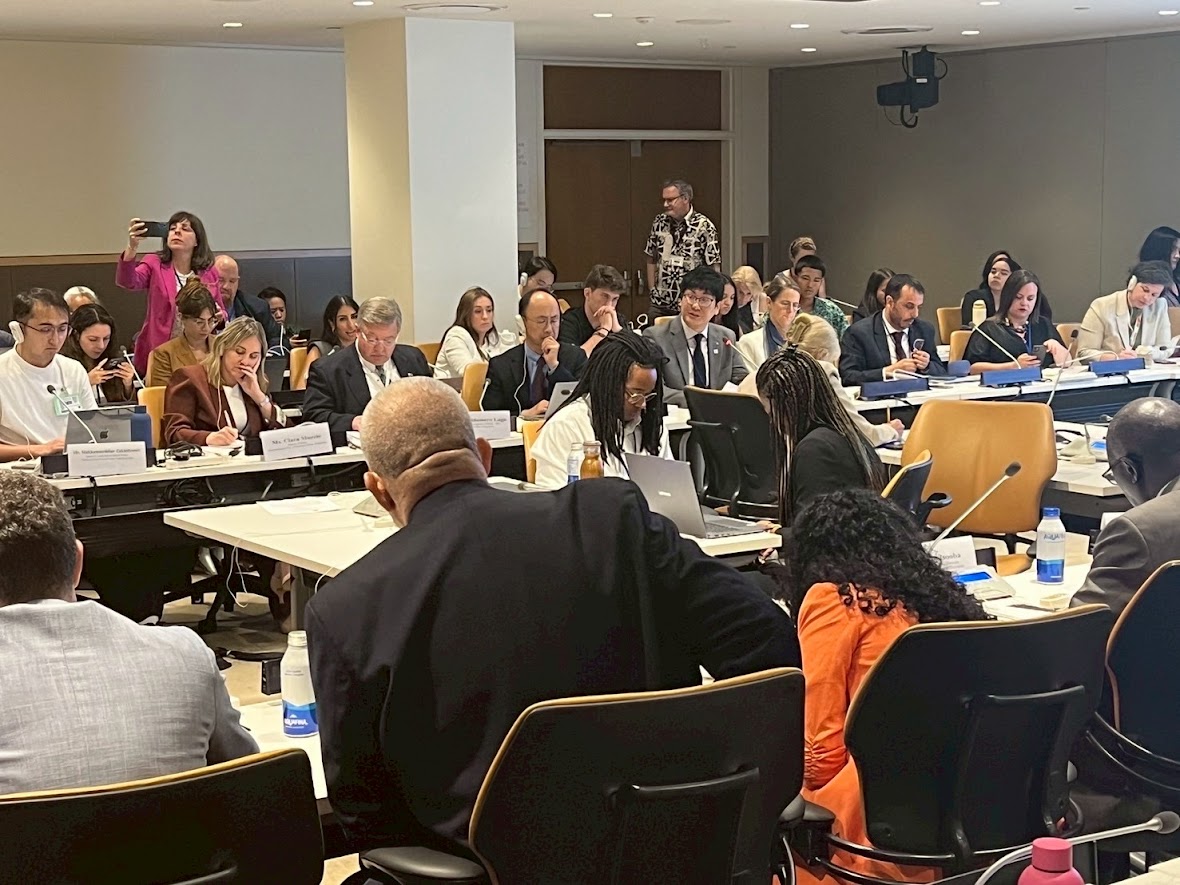
Global Collaboration with Asian Cities
To share local best practices internationally, Yokohama has led intercity cooperation through the Asia Smart City Conference (ASCC). In collaboration with Mandaue City, Philippines, Yokohama supported waste sorting and recycling improvements that resulted in over 4,500 tons of waste reduction and 3,000 tons of CO₂ emissions cuts. The 2025 ASCC will continue to build momentum toward circular cities and support the upcoming GREEN×EXPO 2027 in Yokohama.
Partnerships with Multilateral Development Banks (MDBs)
Yokohama has also deepened its partnerships with MDBs such as the World Bank and the Asian Development Bank (ADB). In 2024, the City hosted a practical workshop on ADB procurement processes, providing local stakeholders with expert guidance and case studies. These efforts are key to enhancing financial access and accelerating SDGs from the local level.
Yokohama’s presentation clearly demonstrated how citizen-centered local action can scale globally and contribute meaningfully to SDG advancement. The City expressed its intent to actively engage in the High Impact Initiative on Localization and join cities worldwide in co-creating an inclusive and resilient future.
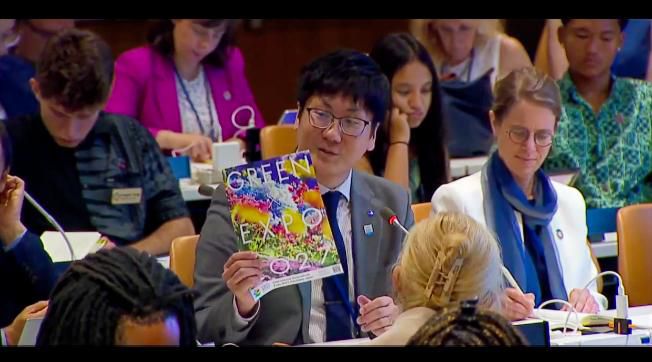
The event also featured contributions from other national and local actors, including the governments or municipalities of the Maldives, Malta, Stuttgart (Germany), Portugal, and Namibia. Case studies on supporting marginalized communities, improving energy efficiency, and community-led urban design were shared. Among them, Yokohama’s approach—emphasizing citizen participation and business collaboration in building a circular regional economy—received particular interest and praise.
Going forward, Yokohama aims to deepen its learning through continued international dialogue and to translate local innovation into global solutions. The City’s Americas Office will further strengthen outreach across North America and share Yokohama’s pioneering practices in the global SDG landscape.
The recording of the event is available here: https://webtv.un.org/en/asset/k1b/k1bwe11qih
